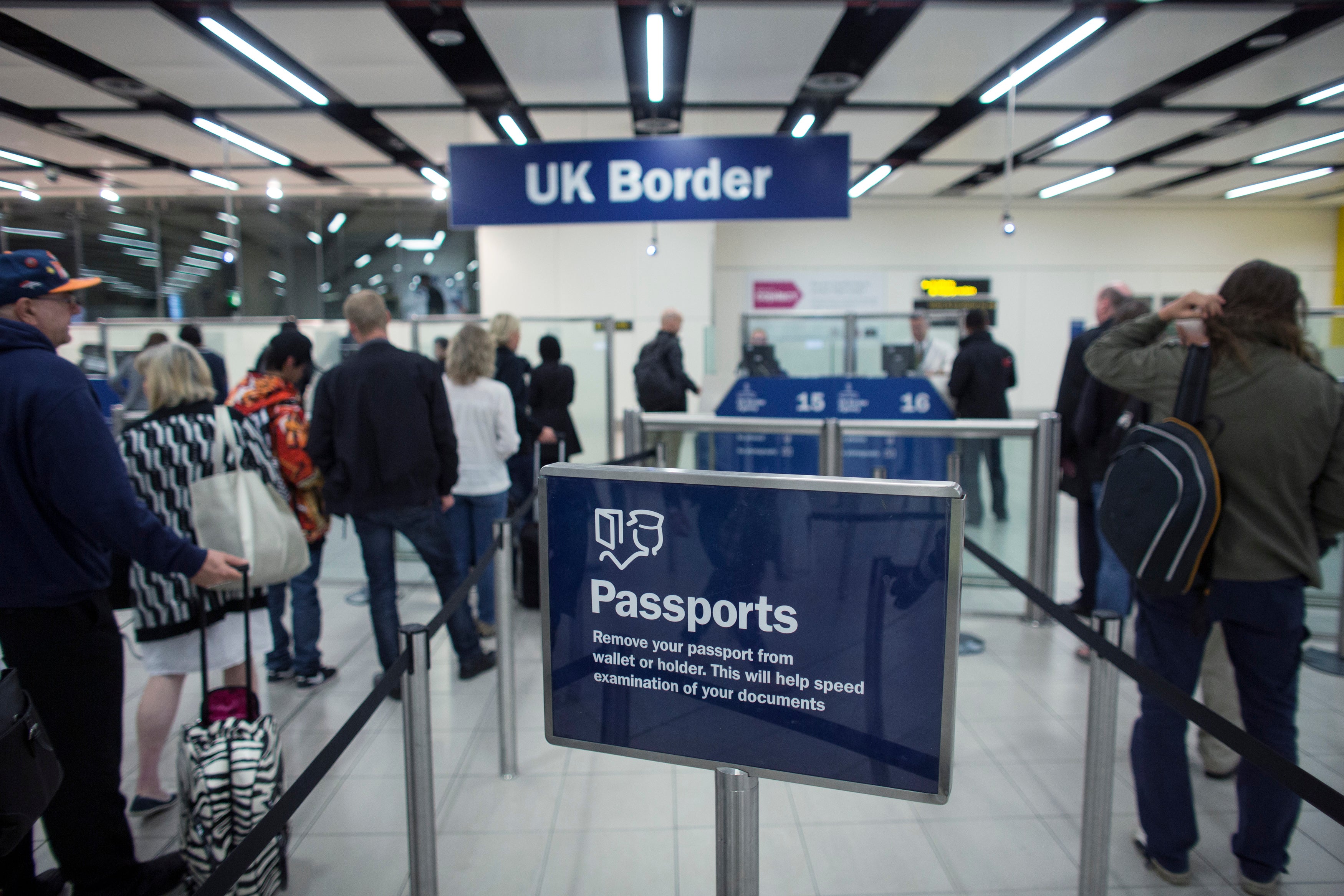UK visa applications plummet following strict rule change
Visa applications dropped by 37 per cent to 772,200 applicants in the year to March 2025

Applications for key UK visa routes have plummeted by more than a third in a year, according to new Home Office data.
The figures reveal a significant drop in applications across major visa categories, including work, study, and family visas, likely reflecting the impact of stricter immigration rules introduced in early 2024.
In the year to March 2025, applications covering 772,200 individuals were submitted, a stark 37 per cent decrease from the nearly 1.24 million applications received in the preceding 12 months.
The most dramatic decline was seen in applications from foreign health and care workers and their families. These applications plummeted by 78 per cent, from 359,300 in 2023/24 to just 80,700 in 2024/25.
This decrease can be attributed to the ban on overseas care workers introduced by the previous government.
The data also highlights a significant impact on student dependents. Applications by family members of sponsored study visa holders fell by a staggering 83 per cent. Applications from the main student applicants themselves saw a more modest decrease of 11 per cent.
The stricter rules, including the ban on students bringing family dependents and a substantial increase in the salary threshold for skilled workers to £38,700, appear to be the primary drivers behind these significant shifts in visa application numbers.

The previous government introduced a change in January 2024 that stopped students from bringing family members apart from those studying postgraduate research courses or those with government-funded scholarships.
Researcher at the Migration Observatory at the University of Oxford, Dr Ben Brindle, said: “The tightening of immigration rules under the previous government has led to a sharp decline in visa applications over the past year.
“This was driven primarily by a fall in applications from health and care workers and students’ family members – most of whom now cannot come to the UK.
“Main applications from health and care workers also fell, possibly reflecting fewer vacancies and government focus on exploitation in the sector.
But Dr Brindle said that applications from migrants recruited for jobs outside health and care had fallen less than expected, and that with the increase in salary thresholds “it appears that many employers are simply paying workers more”.
But the decrease, he said, could also be likely driven by employers adjusting to the higher salaries threshold by filling job roles through other means or by leaving them unfilled altogether.
The number of main applicants for skilled worker visas dropped by 16 per cent year on year, while applications for their dependents decreased by 13 per cent.
Dr Brindle added: “It’s important to remember, however, that the fall in applications was possible because the number of people coming to the UK since Brexit has been so high.
“Despite these declines, applications from non-EU citizens remain well above pre-Brexit levels. As of mid-2024, overall net migration was also still much higher than it had been pre-Brexit.”
Key visa routes to the UK are the categories of skilled worker, health and care worker, sponsored study, family, seasonal worker and the youth mobility scheme.
Bookmark popover
Removed from bookmarks